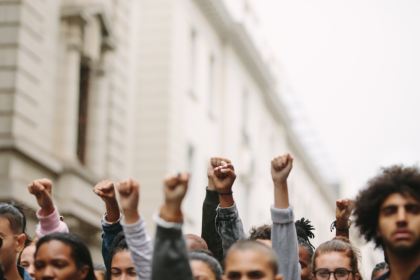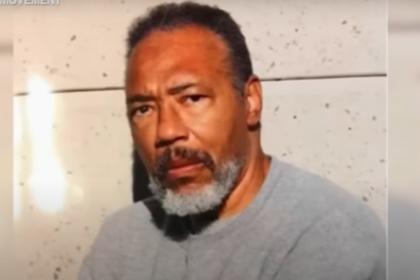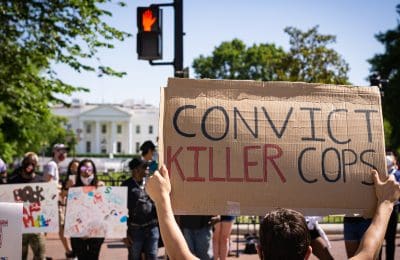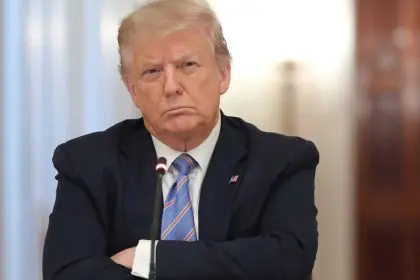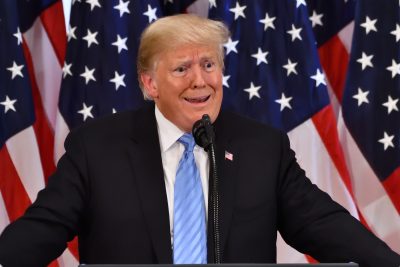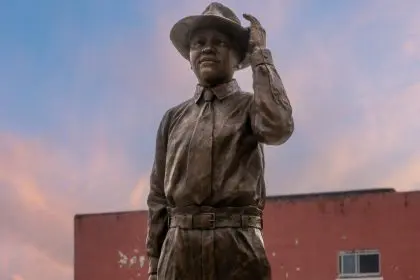The quest for truth behind some of America’s most painful moments has taken an unexpected turn, as President Donald Trump‘s recent executive order demands the declassification of files related to three pivotal assassinations that shaped the nation’s trajectory. The order, signed Jan. 23, specifically targets documents concerning Dr. Martin Luther King Jr., President John F. Kennedy, and Sen. Robert F. Kennedy — figures whose deaths marked watershed moments in the struggle for civil rights and social justice.
A generation’s unfinished business
For those who lived through the turbulent 1960s and witnessed the devastating impact of these losses firsthand, the prospect of unsealed files represents more than mere historical curiosity. These assassinations fundamentally altered the course of the civil rights movement and left an indelible mark on communities that had placed their hopes in transformative leadership.
The timeline established by the executive order gives federal agencies strict deadlines: 15 days for JFK-related documents and 45 days for files concerning Dr. King and Robert Kennedy. This accelerated schedule suggests an urgency to address long-standing questions that have haunted communities for over five decades.
Beyond the official narrative
The circumstances surrounding Dr. King’s assassination at the Lorraine Motel in Memphis have generated persistent questions despite James Earl Ray’s conviction and 99-year sentence. The official narrative has never fully satisfied those who witnessed the systematic opposition to Dr. King’s work during his lifetime, particularly as details emerged about COINTELPRO and other government surveillance programs targeting civil rights leaders.
The decision to release these files arrives at a moment when conversations about institutional accountability and transparency have reached a fever pitch. Many who grew up in households where these assassinations were discussed as personal losses rather than distant historical events have maintained a measured skepticism about official explanations.
The weight of family legacy
In response to the executive order, King’s daughter, Dr. Rev. Bernice King, shared a statement on social media. She expressed that the assassination of her father is a deeply personal loss that the family has endured for over five decades. The family hopes to review the files before they are made public, emphasizing the emotional weight of this historical event.
“Today, our family has learned that President Trump has ordered the declassification of the remaining records pertaining to the assassinations of President John F. Kennedy, his brother Robert F. Kennedy, and our father, Rev. Dr. Martin Luther King, Jr. For us, the assassination of our father is a deeply personal family loss that we have endured over the last 56 years. We hope to be provided the opportunity to review the files as a family prior to its public release.”
The King family’s request to review the files before public release underscores the delicate balance between historical transparency and personal grief. Their continued presence in civil rights advocacy adds gravity to their perspective on how these revelations might impact Dr. King’s legacy and ongoing work for social justice.
This development forces a reexamination of how these assassinations influenced subsequent generations’ approaches to leadership and activism. The promised revelations arrive when many who were children during these events now hold positions of influence in communities, corporations and government institutions.
Implications for modern movements
The timing of this executive order intersects with contemporary discussions about leadership security, surveillance and the relationship between government agencies and social justice movements. For communities that have maintained intergenerational conversations about these historical moments, the declassification represents potential validation of long-held concerns.
The documents’ release could provide crucial context for understanding current challenges in civil rights advocacy and community organizing. This historical connection becomes particularly relevant as modern movements grapple with questions of leadership protection and institutional resistance to social change.
The path forward
As federal agencies prepare these documents for release, their contents could reshape understanding of pivotal moments in American history. The declassification process may reveal new insights into the broader political climate of the 1960s and its parallels to contemporary challenges in the fight for equality and justice.
For those who have carried these historical burdens through decades of professional and personal achievement, these revelations offer an opportunity to bridge generational conversations about progress, resistance, and the ongoing work of building a more equitable society.
The impact of these disclosures extends beyond historical closure. They arrive when questions of truth, transparency and accountability in government actions resonate deeply with communities that have maintained both skepticism and hope through years of partial revelations and unofficial theories.
As the nation awaits these documents’ release, their contents may provide crucial context for understanding both historical events and current challenges in the continuing struggle for civil rights and social justice. The revelations could influence how future generations approach questions of leadership, activism and institutional change in their ongoing work toward equality.


